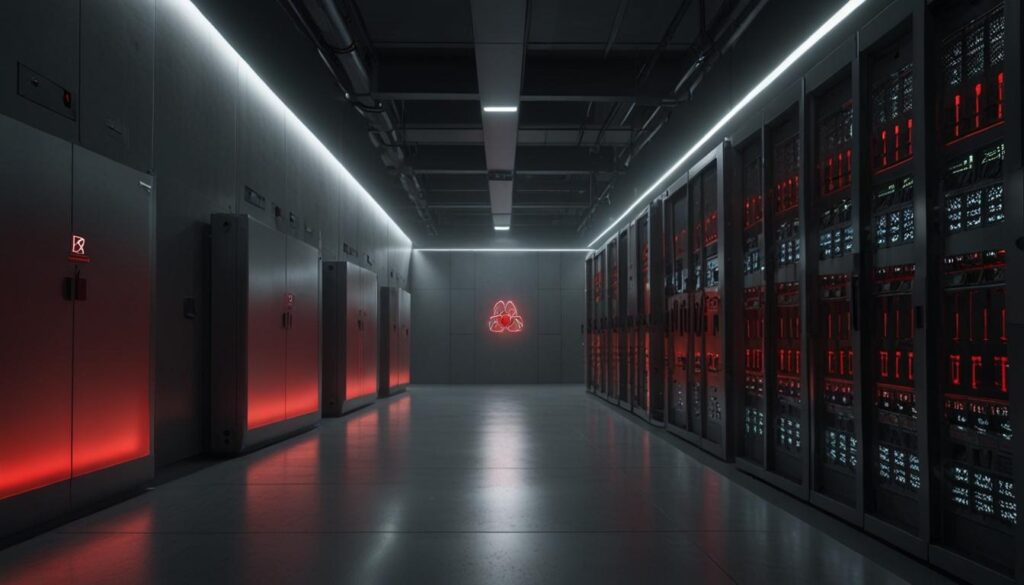As power demands from AI and data centres surge, the evolution of energy infrastructure, with a focus on nuclear energy, becomes crucial. With concerns over electricity consumption and future energy supply, advancements in nuclear technology could pave the way for meeting the energy needs of the tech industry.
The Future of AI Hinges on Energy Infrastructure
Artificial Intelligence (AI) and its subsets, such as machine learning, are significantly advancing technology. However, the escalating power demands from AI and data centers pose a substantial challenge to existing energy infrastructure.
The International Energy Agency (IEA) predicts that electricity consumption by data centers could double by 2026. In 2022, data centers consumed approximately 460 TWh, which could rise to 1,000 TWh in the next few years. This figure is comparable to the entire electrical energy consumption of Japan.
Jay Jiang Yu, Founder and Executive Chairman of Nano Nuclear Energy Inc., has emphasized that the limiting factor for AI advancement may not be processing power, but rather energy infrastructure. According to Yu, the deficit in energy supply is expected to affect tech centers around 2026-2027, with no new systems likely to come online before those dates.
Countries experienced with nuclear energy may be better positioned to handle this increase in energy demand. Such nations already have regulatory bodies and licensing authorities in place to oversee the implementation of nuclear technology. Yu suggests that nuclear energy could play a vital role in regions where other renewable options are not feasible.
A complete transition to 100% renewable energy may not be practical at this stage, according to Yu. Nuclear energy, with its high capacity factor and low carbon emissions, could be a necessary complement to renewables in the tech race. Countries like France, which derive 80% of their power from nuclear sources, demonstrate the potential for nuclear energy to provide energy sovereignty.
Yu also highlights the potential of microreactors, which are smaller and more cost-effective than small modular reactors (SMRs). These microreactors can be mass-manufactured and deployed more quickly, making them suitable for remote locations that rely on costly fuel imports.
Public perception of nuclear power remains a concern. Education is essential to address misconceptions, such as the safety and environmental impact of nuclear technology. According to Yu, nuclear reactors are safe, produce minimal waste, and are well-protected against worst-case scenarios.
In summary, addressing the power demands of AI and data centers will require advancements in energy infrastructure, with nuclear energy being a key component to meet these future needs.










